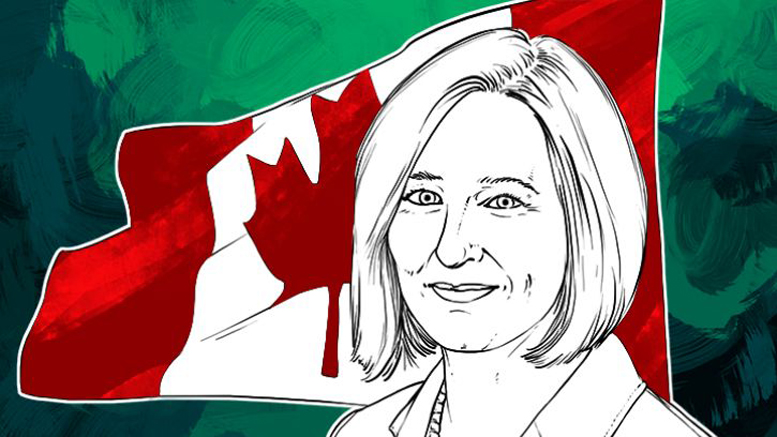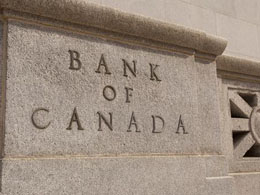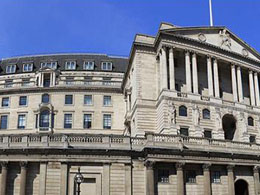
Monetary policy of Canada: Prospects and Dangers of Digital Currency
Carolyn Wilkins, senior deputy governor of the Bank of Canada recently warned banks about the effect that cryptocurrencies like Bitcoin can bring to the monetary policy. According to the speech “Innovation, Central-Bank Style” Canada’s banks should manage the risks and benefits that could arise from the broader adoption of e-money. According to Carolyn Wilkins: The senior deputy governor of the Bank of Canada stated that according to the corporate plan the bank will explore modern financial and technology trends over the course of three years. The bank will focus on studies of modern....
Related News
A research consultant for Canada's central bank has published a new research paper that envisions a world that has established a monetary standard based on bitcoin. The outcome, speculates author Warren Weber, would be a mix of good and bad in terms of impact on monetary policy. Weber writes: “A bitcoin standard would have two major benefits over current fiat money standards. One is that there would be greater price-level predictability due to the known, deterministic rate at which new bitcoins are created. A second is that the resources currently devoted to hedging against fluctuations in....
Central banks would "struggle" to implement monetary policy in a world where digital currencies are more widely used, a senior official from the Bank of Canada said in a speech last week. During an appearance at the Rotman School of Management and Munk School of Global Affairs in Toronto, senior deputy governor Carolyn Wilkins spoke about innovation and the changing face of central banking in a post-financial crisis world. Wilkins pointed to bitcoin as part of a landscape of alternative financial technologies and concepts that she said are pushing more and more financial activity "outside....
The Bank of England's top economist has suggested that a digital currency based on bitcoin could alleviate monetary policy problems. Andrew Haldane, the UK central bank's chief economist and executive director for monetary analysis and statistics, spoke at the Portadown Chamber of Commerce in Northern Ireland on 18th September. During his speech, Haldane offered several ways in which central bankers can conduct monetary policy during a period when interest rates are close to or below zero. Haldane suggested that central bankers consider making measures like quantitative easing a permanent....
In a talk given at the Portadown Chamber of Commerce in Northern Ireland on September 18, Andrew G Haldane, Chief Economist at the Bank of England (BoE), has hinted at the possibility that the U. K. government might issue a digital currency. Though the disclaimer "The views are not necessarily those of the Bank of England or the Monetary Policy Committee" ensures plausible deniability, Haldane's talk seems to indicate that the BoE is at least seriously considering the possibility. Haldane is chief economist at the BoE and executive director of monetary analysis and statistics. Listed by....
Forecasting how the global economy will evolve is becoming all but pointless. Anyone can create their own forecast and be right up to a certain extent, but the long-run scenario is impossible to guesstimate right now. Bitcoin users have no love lost for central bankers, and vice versa. Many central banks use rather unconventional monetary policy tools, which is causing friction within the banking sector itself. Something will have to change, as the advantages of Bitcoin and digital currency over central banks become more apparent every day. When people in the Bitcoin world hear the term....





